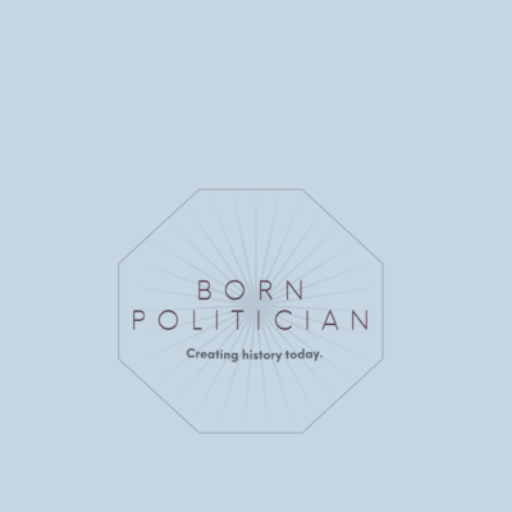Introduction to the problem:
This article was originally published on 16th January, 2019.
Although women make half of India’s population, sexism is still a major issue faced by us today. But to be very honest, it is reduced a considerable amount over time. To achieve this in a modern yet conservative society like ours, is an accomplishment.
Women representation has increased a lot, in the past decade, in the private and the public sector, compared to the 1990s.
Private sector has seen a 2.5% increase in women employees, and the public sector has seen an increase of 3%, in the past 7 years. That is an excellent amount of improvement if compared with the slow paced growth of female workers in the late 20th century.
But there is one important pillar of our country that hasn’t seen any improvement at all, in this sector. That is, politics.
Only 11% of the Lok Sabha and 10.3% of the Rajya Sabha has female members.
We did see our first Female Prime Minister soon after independence and first female President soon after the 2000s began, but they were also one of the only women who had a household name in politics.
What exactly has led to this major issue?
Two major issues include, lack of education of young girls in the rural and urban poor, and the conservative mindset among people. Besides these two issues, the lack of understanding the importance of equal representation in law making is another major challenge.
There are only a few people who run the country on the behalf of millions of individuals. Diversity is necessary within this important spectrum to provide a voice to all genders, races, castes and religions.
It is extremely important to realise that even countries which are comparatively modern face this issue. No better example than that of America.
What can be done about it?
Awareness needs to be spread in order to get a positive response on women participation in the legislature.
Not only this but there, also, should be a (temporary) reasonable reservation for women in political parties all over India. Some constituencies should also be reserved to make sure these women are given justice to raise their voice.
Ultimately it is the women who have to fight for their and their nation’s benefit. If given the opportunity they should showcase their leadership qualities like Mrs. Indira Gandhi and Pratibha Devisingh Patil.
The final goal:
It is to let every young girl dream of being the future PM of India, without being told it is unrealistic.
